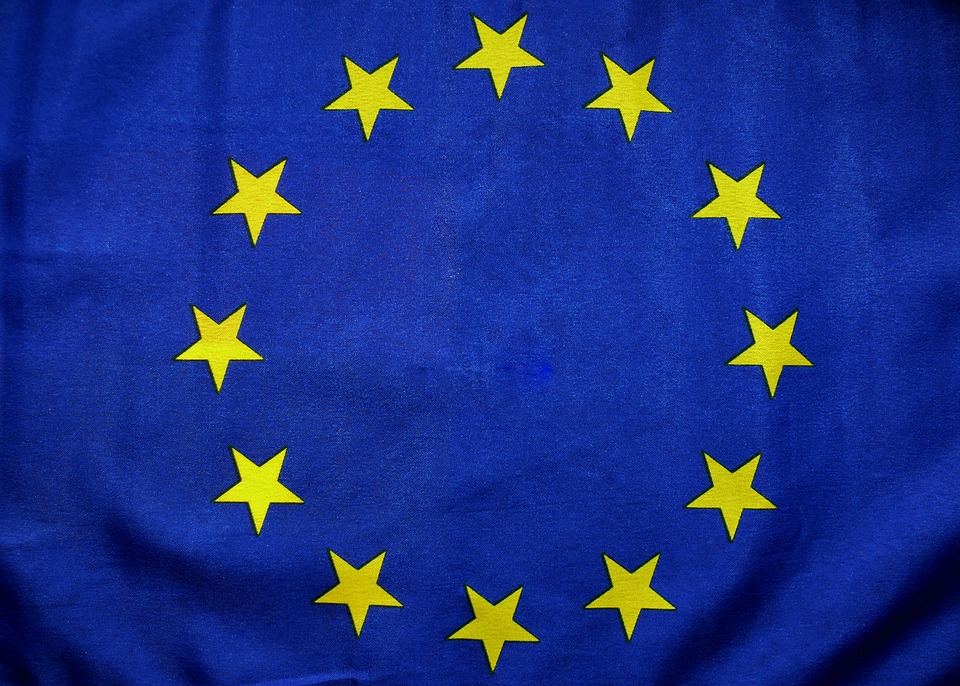clear
Will Britain's exit from the European Union encourage more countries to try follow suit?
clear

source:
No picture
With Britain leaving the European Union, political parties such as France's Front National have spoken of wanting to do the same. Will this encourage more countries to attempt to renegotiate their position within the EU or to leave if they can't get what they want.
Brexit certainly provided a shot in the arm to insurgent right wing movements, many in the US claiming the shock result gave a major boost to Donald trump's campaign. Marine Le Pen has reference both of these results in her attempt to become President of France, at the head of an expressedly anti-EU party.
The Party For Freedom in the Netherlands have already had a near miss with power in the elections there, coming in second place, and are also avowedly anti-EU. However, the make up of the Dutch parliament and electoral means that coalition governments are the norm and the likelihood of any significant parties being prepared to form a coalition with Party For Freedom very remote. Alternativ Fur Deutschland in Germany have had a rapid rise to success, and that success may have prompted changes in refugee policy but as yet no change in the Federal government's approach to the EU. In Denmark the Danish People's party have been the second largest party since 2015, suggesting the brexit vote may be part of a general trend rather than a trigger. Meanwhile the wildcard Five Start movement in Italy, which started as a protest founded by a comedian, is politically relatively progressive but wants a referendum on membership of the Eurozone (but not, as yet, the European Union). Whether the trend started before Brexit and perhaps has already peaked (with the failure of the Front National and Party for Freedom to take power) remains to be seen,
 0
0
clear
 Andrew Tildesley
6 years, 11 months ago
Andrew Tildesley
6 years, 11 months ago
Britain's narrow vote to leave the European Union has undoubtedly been the major talking point in European politics of recent years. As the first member state to invoke Article 50, all eyes are on the unfolding situation, not least far-right political parties who are viewing this declaration of independence from Europe with a sense of envy. Brexit was seen as one factor that encouraged Trump in his successful presidential campaign in the USA, with his election regarded as another victory for populism over progressive liberal democracy.
Since Brexit, there have been two European elections which have provided a litmus test of the extent to which other countries have been prepared to follow the UK. In March, the Dutch centre-right prime minister Mark Rutte defeated Geert Wilders who was promoting an anti-EU and anti-Islam agenda. More recently, Front National's Marine Le Pen suffered a resounding defeat at the hands of social liberal Emmanuel Macron's En Marche! in the battle for the French presidency.
Brexit is being posited by Britain's right wing Conservative government as an opportunity to forge a new prosperity, free of the shackles of European interference. But the country is far from united on this course, with many seeing any increased power to control borders as too high a price to pay for losing access to the Single Market. The UK is facing a protracted period of uncertainty, and the fact that both Scotland and Northern Ireland's electorate voted overwhelmingly to remain in the EU has reignited the sticky questions of Scottish independence and Irish reunification. Understandably, the UK model is not being widely seen as one to imitate.
 0
0
clear